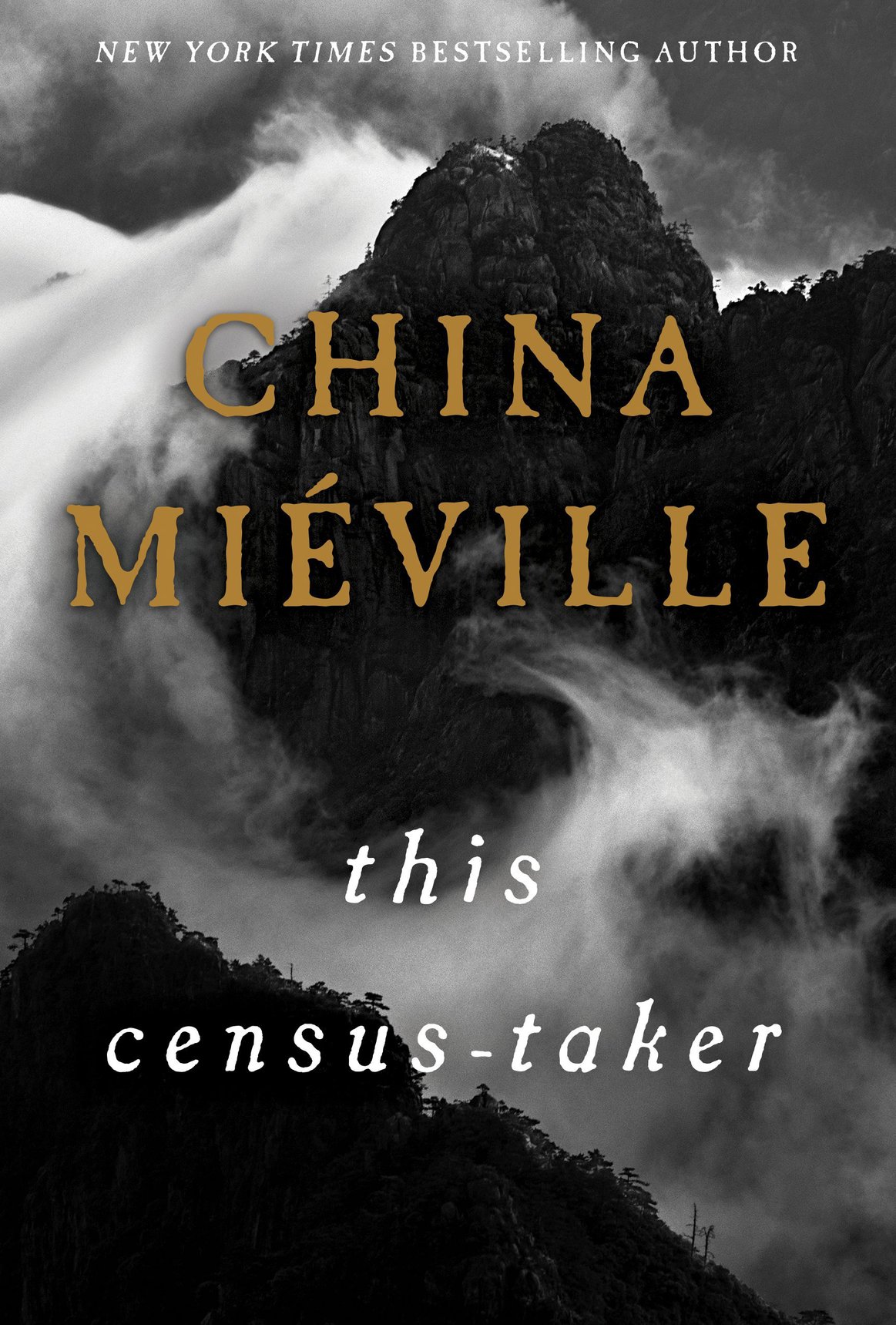
This Census-Taker
A Novel
کتاب های مرتبط
- اطلاعات
- نقد و بررسی
- دیدگاه کاربران
نقد و بررسی

Starred review from December 7, 2015
New Weird exemplar Miéville (Three Moments of an Explosion) evokes fantasy from the emotional currents of daily life, eradicating differences between self and other and between reality and dream. An anonymous narrator, who’s currently a prisoner but spoken of as an “honored guest,” relates a tragic childhood in a nameless, war-ravaged society. His isolated life is shattered when his father, a so-called keymaker whose keys open clients’ hidden desires, murders his mother. His claims that his father buried his mother in a pit don’t prevent the adult authorities from returning him to his father’s care. The only glimmer of joy in his life is his chance friendship with two orphans, motherly Samma and tough Drobe. The narrative of guilt and justice is accelerated by the appearance of the Census-Taker, an official who “counts people and things” and whose relentless probing leads the narrator to become the stranger’s assistant, searching for his own personality by recording the lives of others. Miéville’s Kafkaesque narrator is a man without identity who delves for meaning in other people’s stories, statistics, and untrustworthy memories. Fans of Miéville’s work will recognize and relish his sharp, probing storytelling. Sparse language and a minimalist approach make this intellectual vivisection best suited to readers who are willing to work for meaning. Agent: Mic Cheetham, Mic Cheetham Associates.

December 1, 2015
Mieville (Three Moments of an Explosion, 2015, etc.) has two main modes: the pyrotechnics of a puzzle maker and the austere depth of a mythmaker. Brief and dreamlike, his latest novel is in his simpler, stronger style. The unnamed narrator--called "the boy," "I," or occasionally "you"--looks back on his childhood from his future as some sort of writer or record-keeper. The setting has a post-apocalyptic feel, with savaged machinery, orphaned urchins squatting in shacks built on a bridge, and generators that run on wood scraps, but it also has the timeless provinciality of a village in a fairy tale. The boy lives alone with his parents on a hill above town, where his mother grows their food in her garden and his father serves as a witchy locksmith: "His customers would come up from the town and ask for the things for which people usually ask--love, money, to open things, to know the future, to fix animals, to fix things, to be stronger, to hurt someone or save someone, to fly--and he'd make them a key." One day when he's about 9, the boy witnesses something he describes first as his mother killing his father, and later as his father killing his mother. Backtracking through his childhood, we see his mother as a force of chilly stability and his father as a warmer but more terrifying presence, a loving man who periodically bludgeons animals and perhaps even people to death and throws them down a seemingly bottomless hole in the hill. What really happened between the narrator's parents? Is the boy in danger? Can he escape? Is escape ever truly possible? Is accountability? A deceptively simple story whose plot could be taken as a symbolic representation of an aspect of humanity as big as an entire society and as small as a single soul.
COPYRIGHT(2015) Kirkus Reviews, ALL RIGHTS RESERVED.

December 15, 2015
Mieville returns with a thought-provoking fairy tale for adults, narrated by an unnamed man as he looks back on the pivotal weeks during his ninth year when his mother disappeared under nefarious circumstances. At its heart, this is the story of how a scared, confused boy took the first steps that led him to his current adult life. The descriptions of the world in which the novella takes place and the characters involved in the action are purposely vague, which gives the story a magical feel. It also captivates, offering glimpses of cities ravaged by war, mysterious keys that might do dangerous things, and, most strikingly, a very deep hole. Questions will remain once the final page is turned, but answers aren't the point here. Rather, Mieville offers the opportunity to contemplate our own adult lives and question what led us to where we find ourselves today. Fans will enjoy seeing some of the ideas he explored in The City & the Cityespecially regarding place and boundariespoking through here. Comparisons to Gaiman's The Ocean at the End of the Lane are inevitable, but this novella more closely resembles the narrative style, quirkiness, and plotting found in the works of Karen Russell, Aimee Bender, or Steven Millhauser. HIGH-DEMAND BACKSTORY: The City & The City made Mieville a genre-blending star, and his latest will continue to draw fans from sf, fantasy, and literary fiction camps.(Reprinted with permission of Booklist, copyright 2015, American Library Association.)

























دیدگاه کاربران